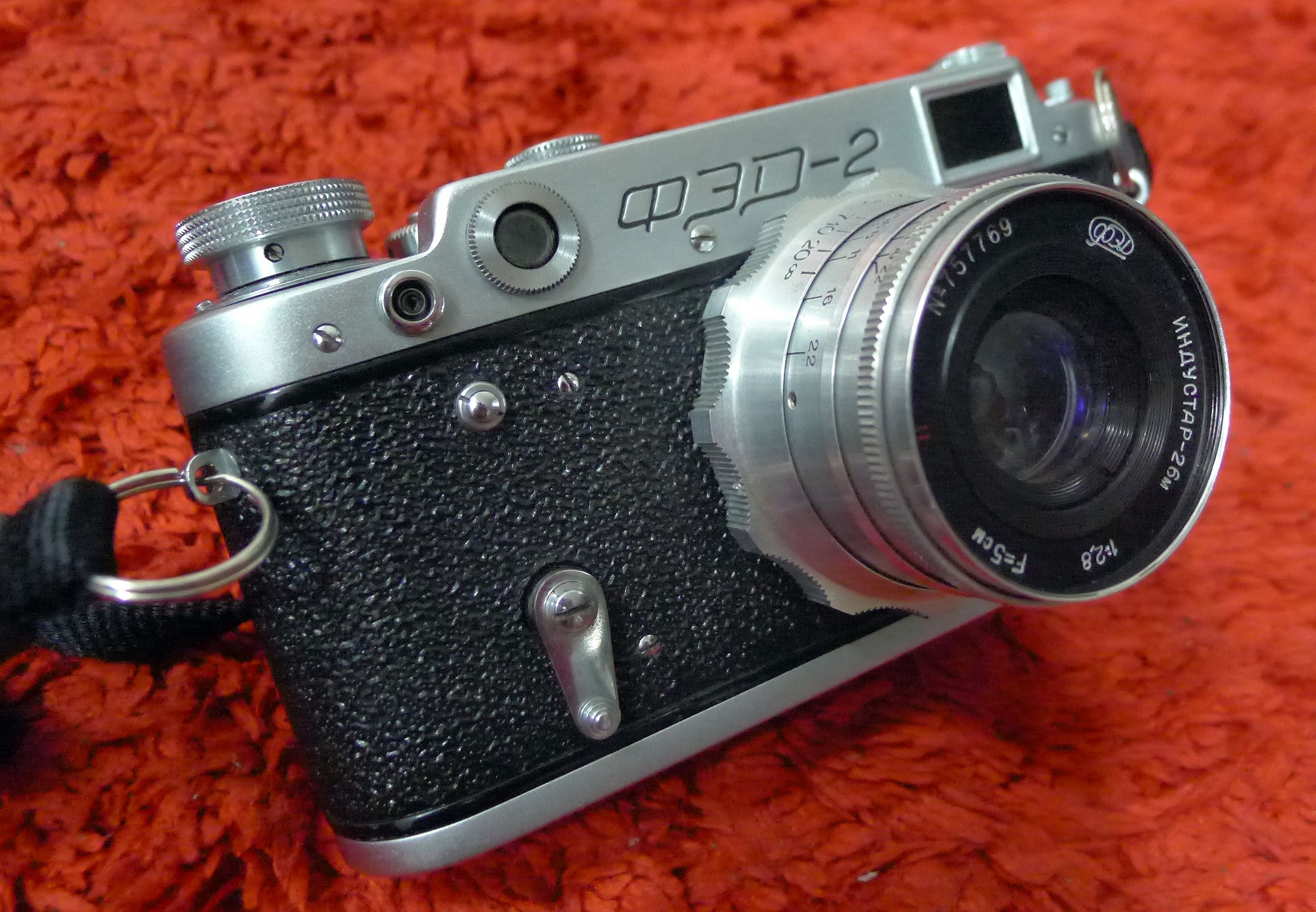STARTING PHOTOGRAPHY: CHOOSING A CAMERA
I started photography as part of my college curriculum where I learned the basics. Digital camera wasn’t widely used back then, and it was expensive. So, we used film Single Lens Reflex (SLR) camera for class. I have used point and shoot film camera before, but when I first handled a film SLR camera, I felt like I was holding a magic wand. It was overwhelming! In our photography class, we were grouped into four members and we were using only one film SLR camera. The 35mm film in that camera only has 24 shots, and it was divided among the four of us. I tried to make good use of that six shots but when the film was developed, all of that six shots were not good. I was frustrated that I thought photography was not for me.
Fast forward to 2008, I came across an article about Do-It-Yourself (DIY) pinhole camera. I tried building my own cardboard camera, and guess what? It worked! The images that came out weren’t perfect but magical. I was amazed how a simple box can record a fragment of time.
I then bought my very first analog SLR camera. It was 2009, film cameras were getting cheaper as more people embrace digital. I can only afford a $100 camera back then so I settled with film camera thinking I can save this way. But later on, I have found out that I was spending more per shot. I needed to replace the battery of the camera, buy 35-mm film and spend on development of the film and printing the images. I spend more than what I thought I could save. I have no regrets though, as film SLR taught me fundamentals of photography, it taught me how not to be trigger happy, to consider the composition and subject before spending 1 out of 36 or 24 available shots. But a film camera is not a cost-effective way to learn photography. I could honestly say that if you are starting photography, find the best digital camera that you could afford. It doesn’t mean you need to break the bank just to get the latest and greatest camera model.

i love shooting with this relic
So, what are we looking for a camera?
Number one, choose a digital camera! A digital camera is a very convenient tool to learn photography. All you need to worry about is finding a good subject and shoot! You can have as many mistakes as you can without having to worry about the cost of each shot. You can have fun shooting, and experiment with your camera and learn what’s the best settings on each shooting scenario. In learning photography, use a camera that has full manual control where you can manually set the aperture, shutter speed and ISO. These are the three very basic control or feature you mostly need in photography. The rest are just icing on the cake.
There are also other feature or specs that I consider before buying or choosing a camera.
- Ability to shoot RAW
Raw format contains all the data that your camera sensor recorded at the moment you snapped that photo. This enables you to have more headroom or flexibility in editing your photo. Raw format allows you to get better detail out of your images and easily adjust white balance, exposure and sharpness through non-destructive photo editing. - Sensor Size
The bigger the sensor size, the better. Why go large? Because large sensor has more photo receptors that translates light into image data. The larger the sensor, the more photo receptor it could fit and the more light data your camera can record, which can translate into a better image with less noise, greater detail, and better image quality. - Lens
Find a lens that suits your photography style. I would prefer lenses with aperture of 2 or 1.8 for portrait and low light condition, with a decent zoom range. The 18-55 mm found on most Digital Single Lens Reflex (DSLR) camera is good enough for landscape, street and portrait. I also buy zoom lenses I could use for macro photography and moon shots. A good lens complements the camera sensor in getting a high-quality image. Look for a lens with less distortion, takes sharp images and less chromatic aberration.